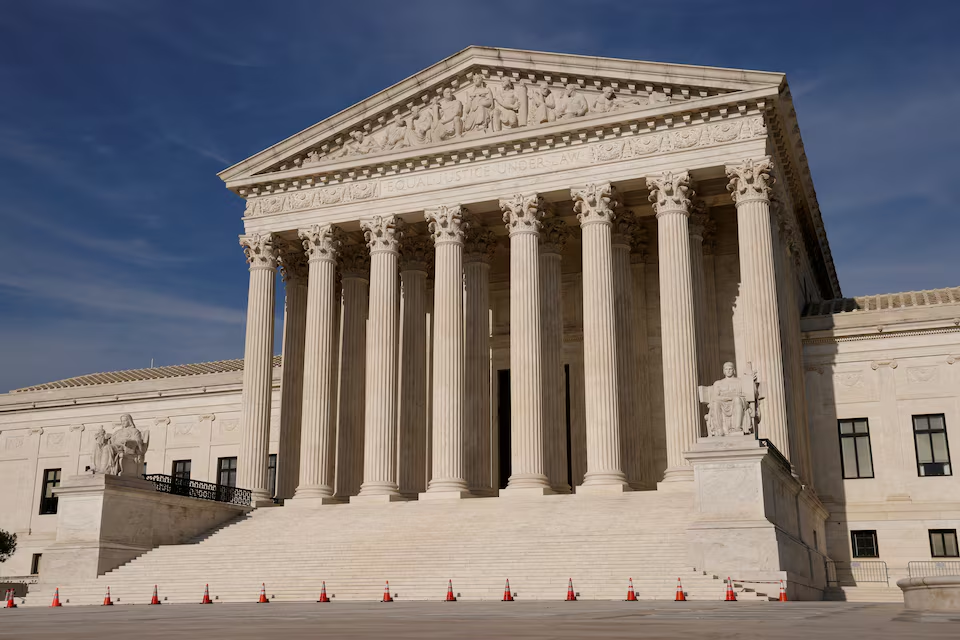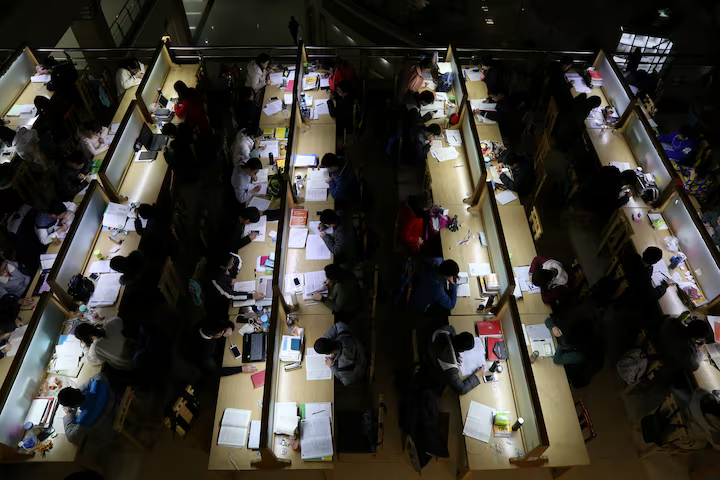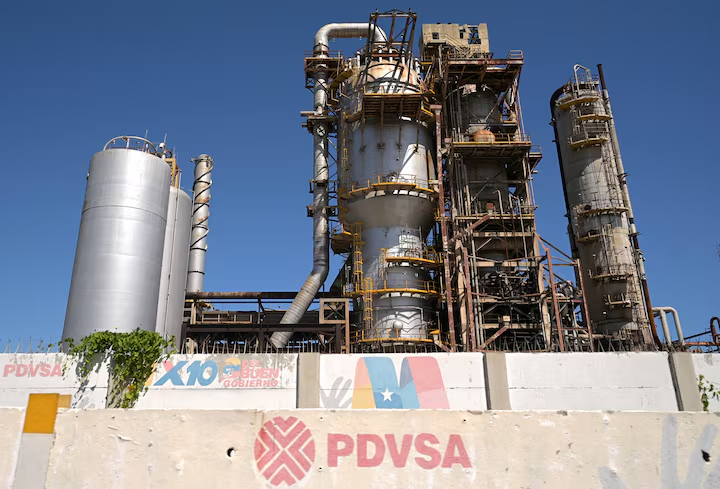In a landmark decision on April 12, 2024, the Supreme Court of the United States unanimously ruled in Bissonnette v. LePage Bakeries Park St., LLC that the Federal Arbitration Act’s transportation worker exemption applies to workers engaged in interstate transportation regardless of their employer’s industry. This significant ruling resolves a longstanding circuit split while raising new questions about the scope of the exemption’s application.
The case centered on delivery truck drivers Neal Bissonnette and Tyler Wojnarowski, who worked as franchisees for Flowers Foods, Inc., distributing baked goods including Wonder Bread to Connecticut retailers. Their duties extended beyond simple delivery to include securing new retail locations, advertising, and product stocking. When the drivers filed a class action lawsuit alleging labor violations in 2019, Flowers Foods sought to compel arbitration under the FAA. While both the district court and Second Circuit initially ruled in favor of arbitration, the Supreme Court’s decision has altered this landscape.
Chief Justice Roberts, writing for the Court, grounded the opinion in historical context, noting that the FAA’s 1925 enactment deliberately carved out exemptions for seamen and railroad employees due to existing statutory dispute resolution mechanisms. The Court’s analysis built upon precedent established in Circuit City Stores, Inc. v. Adams and New Prime Inc. v. Oliveira, which limited Section 1’s scope to transportation workers while preserving Congress’s authority to legislate specifically for transportation sector employees.
The Court’s reasoning emphasized that the critical factor in applying the transportation exemption is the nature of the work performed rather than the employer’s industry classification. This approach explicitly rejected the Second Circuit’s “transportation-industry requirement,” with Chief Justice Roberts expressing concern that such a test would lead to complex determinations about company revenue sources and business models. Instead, the Court directed focus toward whether workers’ duties directly and necessarily facilitate the interstate movement of goods.
This ruling carries substantial implications for employers and the arbitration landscape. While it clarifies that industry classification is not determinative, it potentially opens the door to increased litigation over what constitutes sufficient engagement in interstate transportation to trigger the exemption. The Court’s decision effectively shifts the analytical focus from industry classification to worker duties, though it deliberately avoided establishing specific criteria for determining when an employee qualifies as a transportation worker under the exemption.
The practical impact of Bissonnette extends beyond its immediate context. Employers must now review their arbitration agreements to ensure they include provisions addressing scenarios where the FAA might not apply, potentially incorporating state arbitration law as an alternative foundation. The decision may also spark a new wave of challenges to arbitration agreements, similar to the litigation surge that followed the Court’s decisions in New Prime Inc. and Saxon.
While resolving one aspect of the transportation worker exemption debate, the Supreme Court’s ruling has effectively redirected future litigation toward examining the precise nature and scope of employee duties that constitute active engagement in interstate commerce. This evolving legal landscape suggests continued complexity in arbitration enforcement, particularly in cases involving workers who perform transportation-related functions across various industries.








